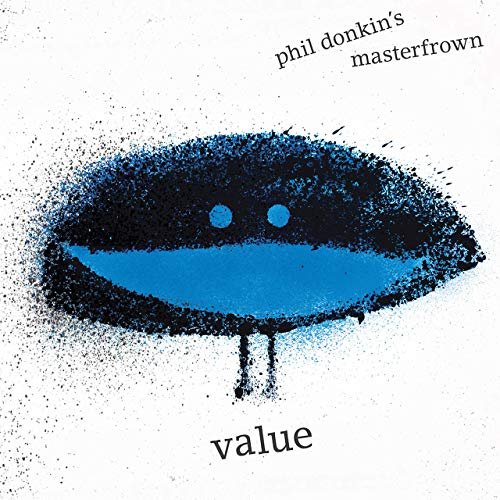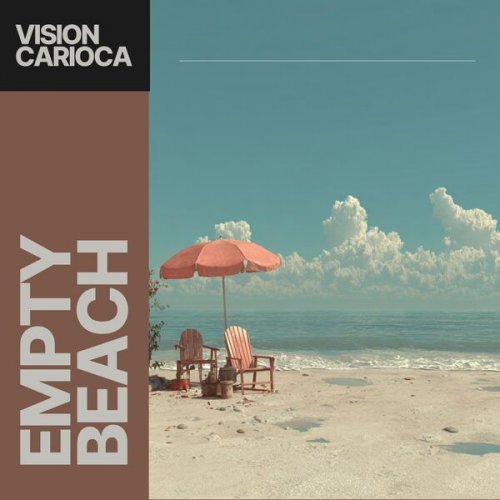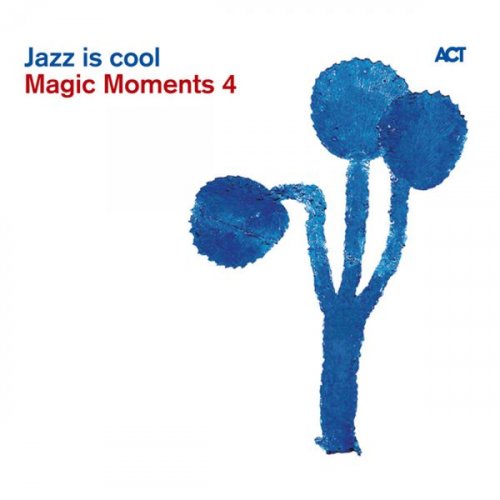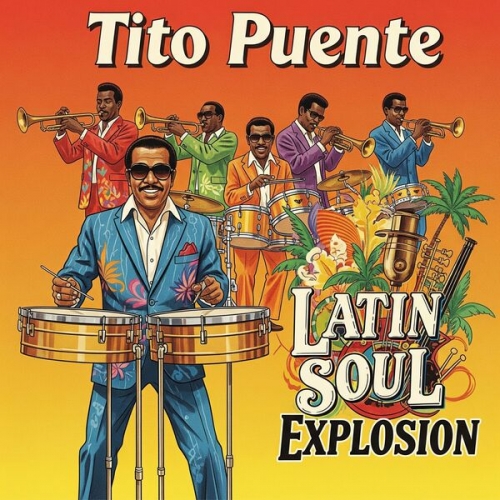Phil Donkin's Masterfrown - Value (2019) Hi Res

Artist: Phil Donkin's Masterfrown
Title: Value
Year Of Release: 2019
Label: NWOG Records
Genre: Jazz
Quality: 320 kbps | FLAC (tracks) | 24Bit/44 kHz FLAC
Total Time: 00:41:04
Total Size: 94 mb | 199 mb | 404 mb
WebSite: Album Preview
Tracklist:Title: Value
Year Of Release: 2019
Label: NWOG Records
Genre: Jazz
Quality: 320 kbps | FLAC (tracks) | 24Bit/44 kHz FLAC
Total Time: 00:41:04
Total Size: 94 mb | 199 mb | 404 mb
WebSite: Album Preview
01. Psycho Babble
02. Master Frown
03. Tonal Grimace
04. Jiblet
05. Value
06. Crown of Thorns
07. Enemy
08. Numb Worm
Personnel:
Wanja Slavin - saxophone
Joris Roelofs - bass clarinet
Phil Donkin - bass
Martin France - drums
An open, globally oriented album that congenially unites the moment and the eternity.
A sound that penetrates deep into the earth and suddenly returns from the center of gravity to the surface - often exactly where it is least suspected. A sound that no one has come up with, but that is as old as the creation itself and has been waiting for its medium to manifest itself. A sound that is suddenly there, hypnotic, compelling, vehement and indispensable. Actually, there are four tones, but the individual timbres of bassist Phil Donkin, alto saxophonist Wanja Slavin, bass clarinetist Joris Roelofs and drummer Martin France merge with such force to a symbiotic unity that the word ensemble in the traditional sense with considerable blurring is afflicted.
Bassist Phil Donkin has come a long way with his 37 years. Grown into English jazz life by himself, he played there with anyone who had rank and name. At the age of twenty, he moved to New York, where he also quickly made a name for himself as a sought-after sideman. For some years Berlin has been added as a third pillar, where it has become a fixture in the ever-changing scene. The long list of musicians he collaborated with ranges from John Abercrombie to Nils Wogram.
Donkin's new album "Value" marks a turning point. The music is equally review, outlook and the adjustment of your own center. Without him having planned this, it became a very autobiographical work, in which various aspects of his previous path are reflected. If a bassist in the same breath names Dave Holland and Charles Mingus as role models, that may not be surprising at first, because both were groundbreaking jazz bassists. And yet there are hardly two musicians whose personalities are more contradictory. Dave Holland stands for structure and control, while Charles Mingus stands for momentum and chaos. Donkin combines both in itself. He combines the clarity of the one with the passion of the other. "During my studies, I've heard both bass players a lot," recalls Donkin. "In Holland I like the structures and how he organizes the rhythmic aspects. Sometimes his music left me completely cold. Mingus is the extreme opposite. He was even too chaotic at certain moments. For both musicians I have to be in a certain mood, but unconsciously I have tried to unify their very different influences. Structure with chaos, that makes sense to me. "
Every song on "Value" gives the impression that Donkin wants to talk about the soul. The CD has a great narrative power. But like any good story, so too does it live on its own. The bassist has not developed a special concept, but relies on his instinct and taste. After all, listening to music starts with making music. He does not want to think up any lofty projects that could end up losing his audience's interest. He is concerned with closeness and dialogue. "I want to play and record the music that I want to hear myself. I am not only a musician but also a listener. Over the years, I've played so much different music that I can relate to. My only maxim is therefore, I want to play music that I want to hear myself and with which I can surprise myself. I do not mean to say that my music is timeless, but if the music really comes from and comes from me, it has at least a chance for something more sustainable. That's the only control I have over it. I do not know how my songs will reach other people. I can only rely on myself. "
After embracing musicians from his New York-based environment on his latest album "The Gate," his band Masterfrown focuses exclusively on European colleagues. There is no instrument of harmony, but Donkin fully relies on the design possibilities between three melodic instruments. However, the selection of his colleagues was not only for musical reasons, but at least as well for biographical reasons, even though, ironically, he did not think until after the recording. "I often played with Martin France when I lived in London. After leaving England, we lost sight of each other. I really wanted to work with him again. Wanja Slavin is for me the connection to my presence in Berlin. And Joris Roelofs lived in New York at the same time as I did. Without forcing this, each member of the band represents a specific part of my musical past and present. The personalities are much more important to me than the instruments. I would never simply replace Joris with another bass clarinet player, just one.
A sound that penetrates deep into the earth and suddenly returns from the center of gravity to the surface - often exactly where it is least suspected. A sound that no one has come up with, but that is as old as the creation itself and has been waiting for its medium to manifest itself. A sound that is suddenly there, hypnotic, compelling, vehement and indispensable. Actually, there are four tones, but the individual timbres of bassist Phil Donkin, alto saxophonist Wanja Slavin, bass clarinetist Joris Roelofs and drummer Martin France merge with such force to a symbiotic unity that the word ensemble in the traditional sense with considerable blurring is afflicted.
Bassist Phil Donkin has come a long way with his 37 years. Grown into English jazz life by himself, he played there with anyone who had rank and name. At the age of twenty, he moved to New York, where he also quickly made a name for himself as a sought-after sideman. For some years Berlin has been added as a third pillar, where it has become a fixture in the ever-changing scene. The long list of musicians he collaborated with ranges from John Abercrombie to Nils Wogram.
Donkin's new album "Value" marks a turning point. The music is equally review, outlook and the adjustment of your own center. Without him having planned this, it became a very autobiographical work, in which various aspects of his previous path are reflected. If a bassist in the same breath names Dave Holland and Charles Mingus as role models, that may not be surprising at first, because both were groundbreaking jazz bassists. And yet there are hardly two musicians whose personalities are more contradictory. Dave Holland stands for structure and control, while Charles Mingus stands for momentum and chaos. Donkin combines both in itself. He combines the clarity of the one with the passion of the other. "During my studies, I've heard both bass players a lot," recalls Donkin. "In Holland I like the structures and how he organizes the rhythmic aspects. Sometimes his music left me completely cold. Mingus is the extreme opposite. He was even too chaotic at certain moments. For both musicians I have to be in a certain mood, but unconsciously I have tried to unify their very different influences. Structure with chaos, that makes sense to me. "
Every song on "Value" gives the impression that Donkin wants to talk about the soul. The CD has a great narrative power. But like any good story, so too does it live on its own. The bassist has not developed a special concept, but relies on his instinct and taste. After all, listening to music starts with making music. He does not want to think up any lofty projects that could end up losing his audience's interest. He is concerned with closeness and dialogue. "I want to play and record the music that I want to hear myself. I am not only a musician but also a listener. Over the years, I've played so much different music that I can relate to. My only maxim is therefore, I want to play music that I want to hear myself and with which I can surprise myself. I do not mean to say that my music is timeless, but if the music really comes from and comes from me, it has at least a chance for something more sustainable. That's the only control I have over it. I do not know how my songs will reach other people. I can only rely on myself. "
After embracing musicians from his New York-based environment on his latest album "The Gate," his band Masterfrown focuses exclusively on European colleagues. There is no instrument of harmony, but Donkin fully relies on the design possibilities between three melodic instruments. However, the selection of his colleagues was not only for musical reasons, but at least as well for biographical reasons, even though, ironically, he did not think until after the recording. "I often played with Martin France when I lived in London. After leaving England, we lost sight of each other. I really wanted to work with him again. Wanja Slavin is for me the connection to my presence in Berlin. And Joris Roelofs lived in New York at the same time as I did. Without forcing this, each member of the band represents a specific part of my musical past and present. The personalities are much more important to me than the instruments. I would never simply replace Joris with another bass clarinet player, just one.

![Lisanne Lyons - May I Come In (2026) [Hi-Res] Lisanne Lyons - May I Come In (2026) [Hi-Res]](https://www.dibpic.com/uploads/posts/2026-02/1771506063_vqohcely45tnt_600.jpg)
![WILLOW - petal rock black (2026) [Hi-Res] WILLOW - petal rock black (2026) [Hi-Res]](https://www.dibpic.com/uploads/posts/2026-02/1771525134_cover.jpg)


![Art Pepper - Everything Happens To Me: 1959 - Live At The Cellar (2026) [Hi-Res] Art Pepper - Everything Happens To Me: 1959 - Live At The Cellar (2026) [Hi-Res]](https://www.dibpic.com/uploads/posts/2026-02/1771405170_fcwg7jmt6mou1_600.jpg)
![Susie Philipsen - Sunday Kissing Club (2026) [Hi-Res] Susie Philipsen - Sunday Kissing Club (2026) [Hi-Res]](https://www.dibpic.com/uploads/posts/2026-02/1771738386_500x500.jpg)
![The Three Seas - Antaḥkaraṇa (2026) [Hi-Res] The Three Seas - Antaḥkaraṇa (2026) [Hi-Res]](https://img.israbox.com/img/2026-02/19/uhghtg21m4gkq8nt8lyl1f5dq.jpg)
![Meinild/Anderskov/Tom - Spectral Entanglements (2023) [Hi-Res] Meinild/Anderskov/Tom - Spectral Entanglements (2023) [Hi-Res]](https://www.dibpic.com/uploads/posts/2026-02/1771491474_hl116k2q9n24a_600.jpg)